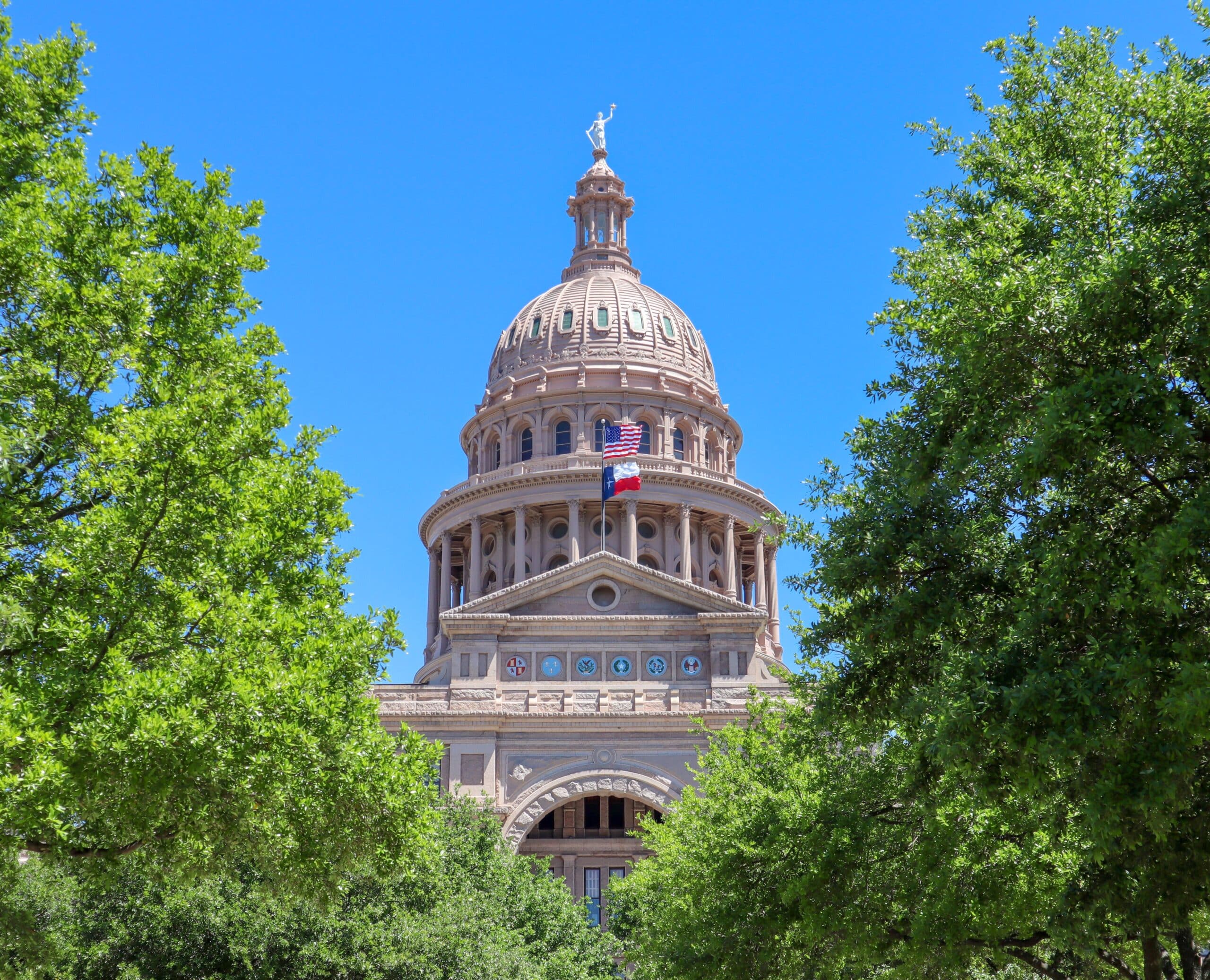On June 13, 2023, Texas Governor Greg Abbott signed Texas House Bill No. 18, the Securing Children Online through Parental Empowerment Act, also known as the SCOPE Act. The SCOPE Act requires covered digital service providers to provide minors with certain data protections, prevent minors from accessing harmful content, and give parents tools to manage their child’s use of the service.
Relevant to Texas school districts, the bill specifically relates to the protection of minors from harmful, deceptive, or unfair trade practices in connection with the use of certain digital services and electronic devices, including the use and transfer of electronic devices to students by a public school.
The entire bill doesn’t go into effect until September 1, 2024. However, school districts can’t relax. In fact, Article III of the SCOPE Act took effect immediately and is required for this school year. As a result, educators statewide are scrambling to comply.

Article III of the SCOPE Act is in Effect & Required for School Year 2023-24
Artice III of the SCOPE Act covers a wide range of accountabilities for Texas educational agencies — see page 13, line 20 through page 17, line 7 of the entire bill. Specifically, the bill calls out the following responsibilities:
- Minimize data collection conducted on students through electronic devices and software applications;
- Ensure direct and informed parental consent is required for a student ’s use of a software application (with two qualified exceptions);
- Ensure software applications do not conduct mental health assessments or other assessments unrelated to educational curricula that are intended to collect information about students without direct and informed parental consent;
- Ensure that parents are provided the resources necessary to understand cybersecurity risks and online safety regarding their child ’s use of electronic devices;
- Specify periods of time during which an electronic device transferred to a student must be deactivated in the interest of student safety;
- Consider necessary adjustments by age level to the use of electronic devices in the classroom;
- Consider appropriate restrictions on student access to social media websites or applications;
- Determine, before using a social media application for an educational purpose, if an alternative application is more secure and provides the same educational functionality;
- Consider the required use of an Internet filter capable of notifying appropriate school administrators, who are then required to notify the student ’s parent, if a student accesses inappropriate or concerning content or words, including content related self-harm, suicide, violence to other, or drugs;
- Assign to the appropriate officer of a district or school the duty to receive complaints or concerns regarding student use of electronic devices;
- Provide methods by which a district or school may ensure an operator is in compliance;
- Remove from equipment any offensive, confidential, or proprietary information
- Adopt rules establishing programs promoting parents as partners in cybersecurity and online safety
- Install an Internet filter that blocks and prohibits pornographic or obscene materials or applications,
The new legislation covers student data protection, harmful content, parental tools and more. Full compliance requires multiple EdTech tools, and goes well beyond the capabilities of school web content filters that have been deployed to be in compliance with the federal Children’s Internet Protection Act (CIPA).

Complying with the SCOPE Act
Customers of Lightspeed Systems can be in compliance with the SCOPE Act with out-of-the-box deployment of ライトスピードフィルター™, ライトスピードアラート™、 そして ライトスピードデジタルインサイト™. Customers should contact their Lightspeed Systems Client Success Manager with any questions or concerns.
As a resource for Texas school districts, Lightspeed Systems has created the short eBook, School District Resource Guide to Comply with Texas’ SCOPE Act (Texas HB No. 18). Download your copy today.

